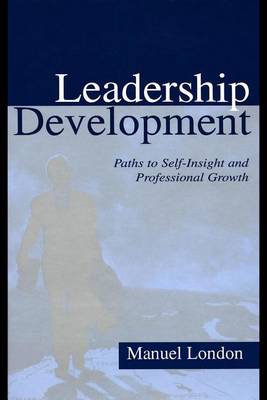Applied Psychology
3 total works
This book describes how people give, seek, and use performance feedback. It examines processes by which givers of feedback perceive and judge performance, and outlines information processes by which receivers of feedback absorb --accept, deny, or ignore--and apply feedback. Formal sources of feedback are considered, including performance appraisal, multi-source (upward and 360 degree) survey feedback methods, and assessment centers. It also considers how individuals and groups receive informal feedback, including guidelines for how to give effective feedback under different conditions and how to hold people accountable for giving feedback.
Overall, the book shows how managers can be more effective in gathering and processing performance information about subordinates and feeding back this information in a way that is nonthreatening and leads to productive changes in behavior. It also demonstrates how employees can gather, accept, and use meaningful performance information to change their own behavior. In doing so, the book suggests how human resource practitioners and training professionals can help managers give and use feedback more effectively.
This volume illustrates ways organizations support these psychological processes. Leadership development is viewed as a comprehensive, continuous process that includes evaluating organizational needs and individual competencies, setting goals for career development and performance improvement, offering needed training and growth experiences, providing feedback, and tracking change in behavior and performance over time. It describes how leaders react to feedback and how 360-degree feedback survey methods and executive coaching help leaders attain and apply self-insight to enhance their performance. In addition, this book considers challenges and opportunities for leadership development, including how leaders overcome career barriers and become continuous learners.
This follow up to the 2003 edition of Job Feedback by Manuel London is updated to cover new research in the area of organizational management. This edition bridges a gap in research that now covers cultural responses to employer feedback, feedback through electronic communications, and how technology has changed the way teams work in organizations. The Power of Feedback includes examples of feedback from friends, family, colleagues, and volunteers in non-profit organizations. In this new book, both employers and employees will learn to view feedback as a positive tool for improving performance, motivation, and interpersonal relationships. Managers, human resource professionals, and students who will one day oversee teams will benefit from the research and advice found in The Power of Feedback.


